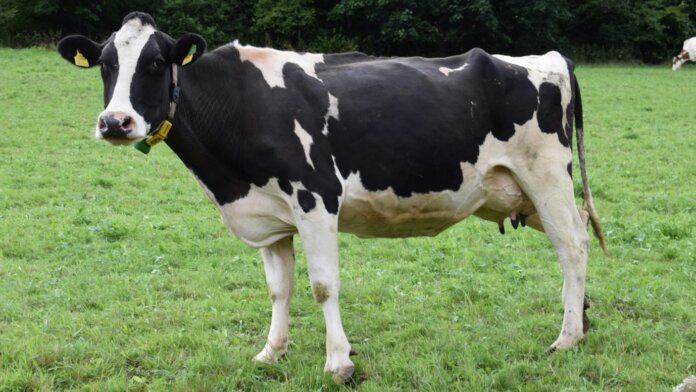Lab-grown meat could present a kinder and potentially greener alternative to current livestock farming. New specially engineered meat cells could finally bring costs down to a practical level.
While the idea of growing meat in the lab rather than the field would have sounded like sci-fi a decade ago, today there are a bevy of startups vying to bring so-called “cultivated meat” to everyday shops and restaurants.
The big sell is that the technology will allow us to enjoy meat without having to worry about the murky ethics of industrial-scale animal agriculture. There are also more contentious claims that producing meat this way will significantly reduce its impact on the environment.
Both points are likely to appeal to increasingly conscientious consumers. The kicker is that producing meat in a lab currently costs far more than conventional farming, which means that so far these products have only appeared in high-end restaurants.
New research from Tufts University could help change that. The researchers have engineered cow muscle cells to produce one of cultivated meat’s most expensive ingredients by themselves, potentially slashing production costs.
“Products have already been awarded regulatory approval for consumption in the US and globally, although costs and availability remain limiting,” says David Kaplan, from Tufts, who led the research. “I think advances like this will bring us much closer to seeing affordable cultivated meat in our local supermarkets within the next few years.”
The ingredient in question is known as growth factor—a kind of signaling protein that stimulates cells to grow and differentiate into other cell types. When growing cells outside the body these proteins need to be introduced artificially to the medium the culture is growing in to get the cells to proliferate.
But growth factors are extremely expensive and must be sourced by specialist industrial suppliers that normally cater to researchers and the drug industry. The authors say that these ingredients can account for as much as 90 percent of the cost of cultured meat production.
So, they decided to genetically engineer cow muscle cells—the key ingredient in cultivated beef—to produce growth factors themselves, removing the need to include them in the growth media. In a paper in Cell Reports Sustainability, they describe how they managed to get the cells to produce fibroblast growth factor (FGF), one of the most critical of these important signaling proteins and a significant contributor to the cost of a cultured meat medium the authors included in the study.
Crucially, the researchers did this by editing native genes and dialing their expression up and down, rather than introducing foreign genetic material. That will be important for ultimate regulatory approval, says Andrew Stout, who helped lead the project, because rules are more stringent when genes are transplanted from one species to another.
The approach will still require some work before it’s ready for commercial use, however. The researchers report the engineered cells did grow in the absence of external FGF but at a slower rate. They expect to overcome this by tweaking the timing or levels of FGF production.
And although it’s one of the costliest, FGF isn’t the only growth factor required for lab-grown meat. Whether similar approaches could also cut other growth factors out of the ingredient list remains to be seen.
These products face barriers that go beyond cost as well. Most products so far have focused on things like burgers and chicken nuggets that are made of ground meat. That’s because the complex distribution of tissues like fat, bone, and sinew that you might find in a steak or a fillet of fish are incredibly tough to recreate in the lab.
But if approaches like this one can start to bring the cost of lab-grown meat down to competitive levels, consumers may be willing to trade a little bit of taste and texture for a clear conscience.
Image Credit: Screenroad / Unsplash



